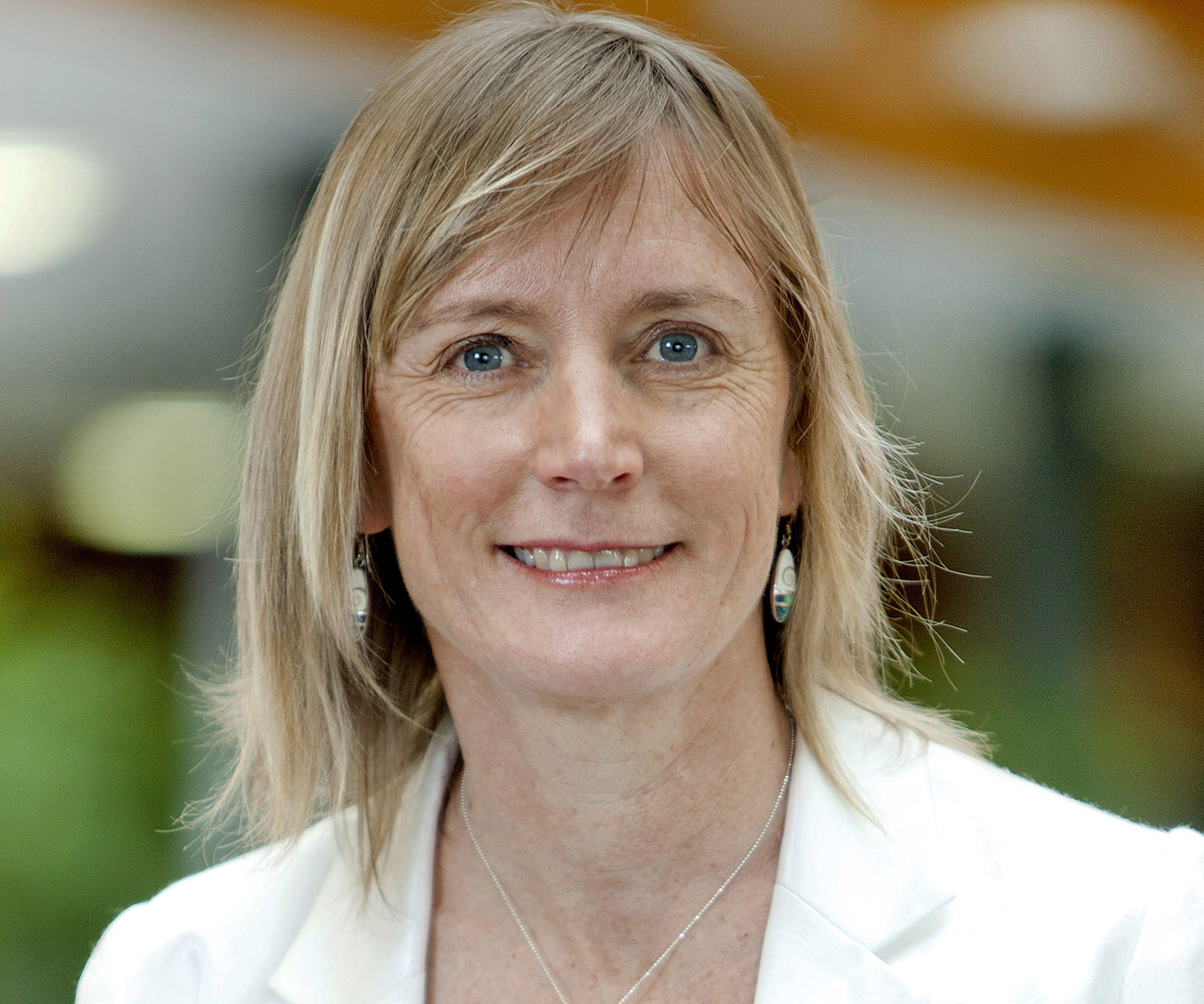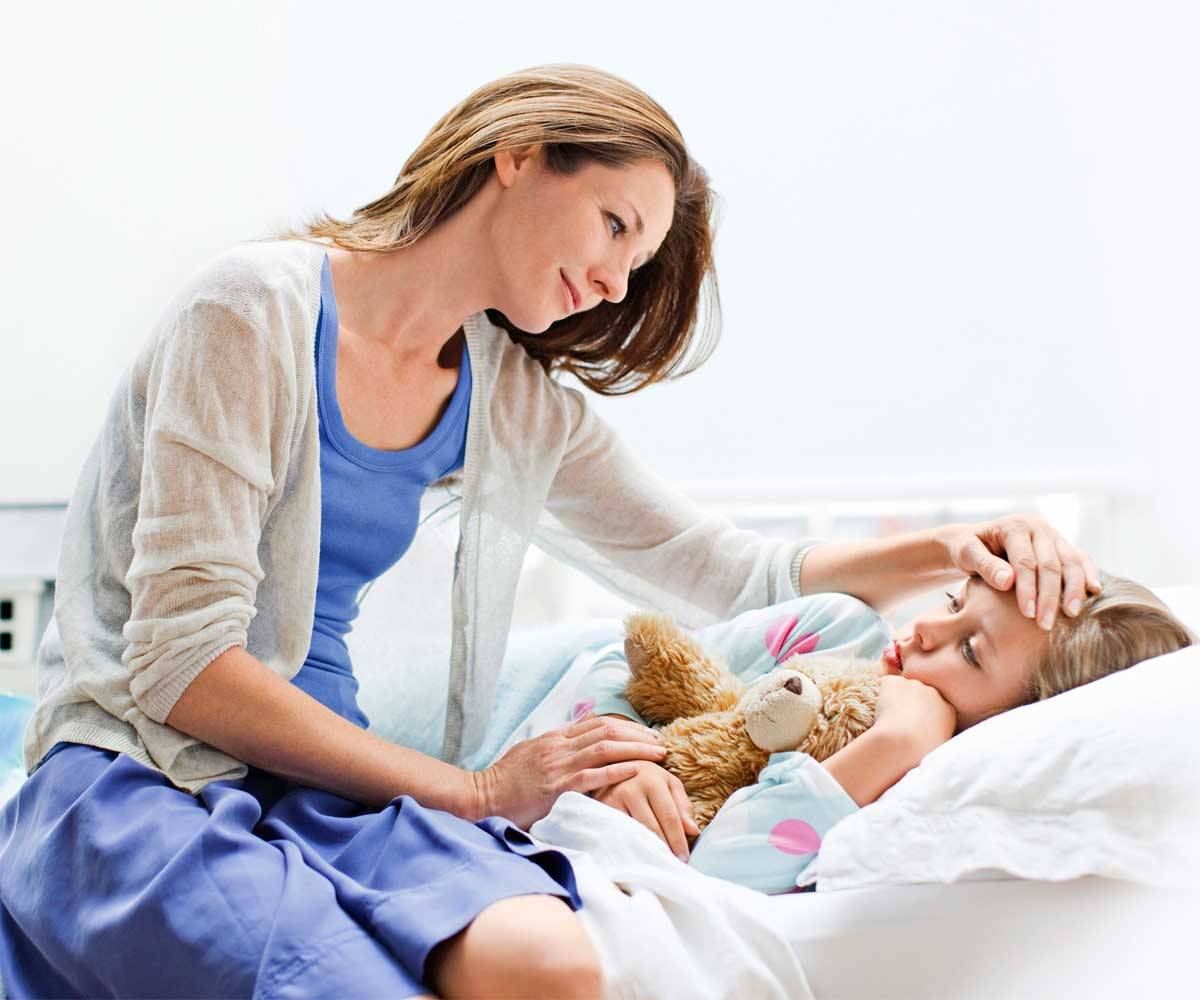Anti-vaxxers are not the reason for Auckland’s measles epidemic, an immunisation expert claims.
“The major problem is there’s a lot of young to mid-life adults walking around who didn’t get fully vaccinated when they were young,” says Immunisation Advisory Centre head and GP Dr Nikki Turner.
Dr Turner’s comments come as the number of confirmed cases of measles in New Zealand hits a new high of 937 – 804 of them in Auckland – and New Zealander of the Year Dr Lance O’Sullivan is calling for those who choose not to vaccinate to be penalised with a ‘no jab, no pay’ welfare system and tax policy.
But Dr Turner says Dr O’Sullivan is baying for the wrong blood, and that it’s the health system that’s at fault for not running a tighter national immunisation programme.
“Only a very small percentage of the New Zealand population is totally opposed to immunisation, and there’s another three to four per cent who have a lot of fears. And to them, I’d say go and talk to a trusted health professional about what your fears are.
“The reason we’re having an epidemic of measles is because historically we didn’t do so well with immunisation coverage,” she states.
“The major problem is there’s a lot of young to mid-life adults walking around who didn’t get fully vaccinated when they were young. The systems didn’t work so well and people weren’t reminded. So, firstly, we’ve got to get our systems working properly. People need to be reminded to get their vaccinations.”
To be fully immunised you need two measles-containing vaccinations in your lifetime – the first when you’re around 12 months old and the second at four years old. But Dr Turner says people have become confused because the second vaccine used to be given at different ages, no records were kept and reminders about booster shots were not sent out.
“The national register only started in 2005 so only people who are under 14 are on the national register.
“For older people, unless you’ve got your Plunket book you often have no record of it.”
If you’re not sure if you’re fully vaccinated don’t waste time trying to hunt for records, just “go and get vaccinated”, is her advice.
“It’s perfectly safe to get another vaccine,” she says. “Even if you are already immune your body will deactivate it, so it’s perfectly safe. There’s no problem with accidentally having too much.”

This is how a measles rash presents – the illness is highly contagious. Image: Getty
Alarmingly, Dr Turner says the epidemic has come as “no surprise” to her or her colleagues.
“We’ve been asking the government for quite a few years now, saying that this is a risk, because we know there’s a lot of adults who missed out on their vaccines when they were young and so we knew this was likely. This is very disappointing but it’s not a surprise.”
To anyone who has misgivings about getting vaccinated, Dr Turner suggests they talk to a trusted health professional.
“Don’t rely on the internet on your neighbour’s advice or talking among your own group.
“A lot of the time the internet and social media have pulled out inappropriately anti-science evidence and made it look really scary for people. It’s really important that people trust their health professional. If they don’t trust their health professional look for another one – but you’re not going to learn to become a health professional, so find one that you can talk through what you are worried about and get the best evidence-based advice.
“The World Health Organisation and every country in the world recommends a measles vaccination programme, so if you think the science is wrong then you’ve got an awfully large body of literature that’s saying quite the opposite.”
In the meantime, we all need to stop “slinging mud around”, she says.
“Things happen to people and they get scared. If you’re scared of needles and then your neighbour said they had a vaccine and something went wrong it creates fear inside you and we have to be able to help people walk through their fears.
“People are allowed to have valid fears and have to be allowed to express that and talk about where it came from.”


